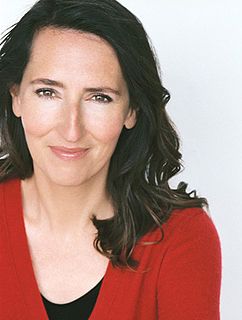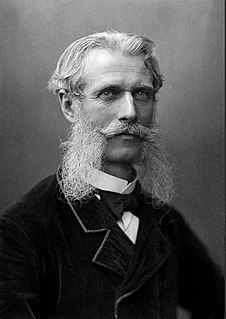A Quote by Laura Marling
I made an important decision, which was to pursue happiness. Rather than accept unhappiness. That's why I'm here, and it's great. I'm in a very good place in my life.
Related Quotes
We all create expectations of what we would like to happen after a decision is made. The picture in our mind's eye might have served a valuable function in helping to make a decision. But once the decision is made, let the picture go. Since you can't control the future, the picture can create unhappiness if it's not fulfilled. Disappointment may make you miss the good that can come out of every situation in which you find yourself.
So what is happiness? I am sure this question will be asked through the ages. And I doubt there is one answer for all people. Like heaven and hell, one person's happiness can be another person's unhappiness, which is why I'm not attempting to tell you what to do to find your happiness. I have enough trouble finding and hanging onto my own true happiness.
If [God] has made it a law in the nature of man to pursue his own happiness, He has left him free in the choice of place as well as mode, and we may safely call on the whole body of English jurists to produce the map on which nature has traced for each individual the geographical line which she forbids him to cross in pursuit of happiness.
I realized that we're now at a point of self-reference with the Internet culture that there's almost no there left, you know? It's important to make new things. It's important to make culture, rather than simply reference it. I love a good cultural reference, and it's one of the great joys in my life, but it has to all be in balance with the core job, which is to make something new. And that sort of brings me around to why I started talking about my fondness for marijuana.
Remember one thing: the one who brings unhappiness to others in the end becomes unhappy himself, and the one who brings happiness to others in the end reaches to the heights of happiness. That's why I am saying that someone who tries to give happiness develops the center of happiness inside himself, and someone who tries to bring unhappiness to others develops the center of unhappiness inside himself.
Even a good marriage leaves people with longings for certain things their marriage will never be. So, do they accept that, make compromises, and say, "You can't have everything in life," which is what we always did? Or do they say, "I deserve more. I want to experience that thing and, you know, I have fifty more years to live than I used to." It's not necessarily that we have more desires today, but we do feel more entitled to pursue them. We live in this "right to happiness" culture, and yes, we do live half a century longer than we used to.
It may seem to your conceited to suppose that you can do anything important toward improving the lot of mankind. But this is a fallacy. You must believe that you can help bring about a better world. A good society is produced only by good individuals, just as truly as a majority in a presidential election is produced by the votes of single electors. Everybody can do something toward creating in his own environment kindly feelings rather than anger, reasonableness rather than hysteria, happiness rather than misery.
The paths by which people journey toward happiness lie in part through the world about them and in part through the experience of their souls. On the one hand, there is the happiness which comes from wealth, honor, the enjoyment of life, from health, culture, science, or art; and, on the other hand, there is the happiness which is to be found in a good conscience, in virtue, work, philanthropy, religion, devotion to great ideas and great deeds.
To accept struggle as part of life, to accept all of it, even the darkest moments of anguish; to be motivated by love rather than fear, by confidence rather than insecurity: these are the benchmarks of high self-esteem. The wish to avoid fear and pain is not the motive that drives the lives of highly evolved men and women; rather, it is the life force within them, thrusting toward its unique form of expression-the actualization of personal values.


































